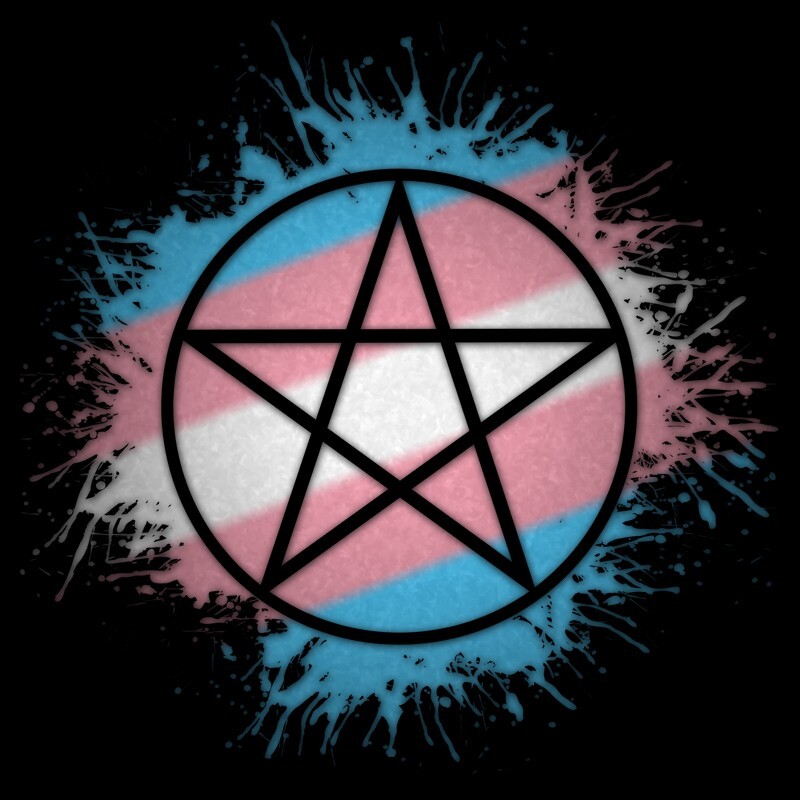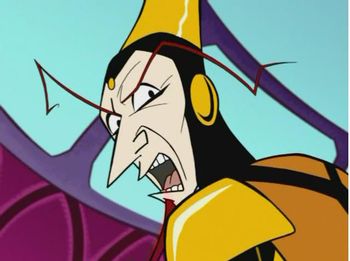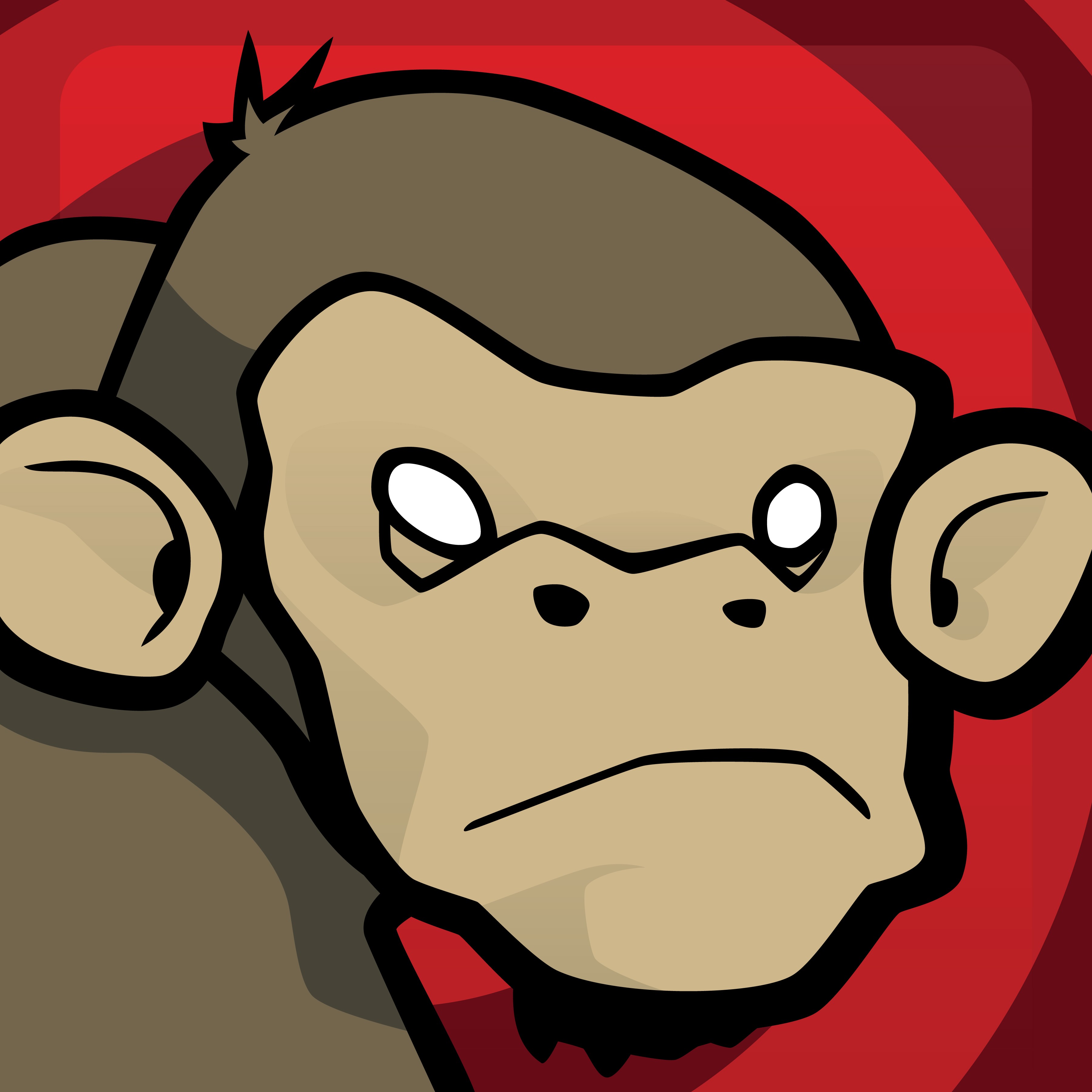Every week, I'll be making a pinned post inviting you to share your favorite books with the slop-hungry hogs of Hexbear ![]() . Each week will be loosely structured around a particular genre, time period or other theme.
. Each week will be loosely structured around a particular genre, time period or other theme.
Last week's thread can be found here
For this week's theme: Worlds to get lost in
Books whose settings are so vividly painted that it's a pleasure just to spend time in them. Maybe it's a particular historical moment brought to life or a fantastical world. Perhaps it's a particular scene or milleu. Whatever the case, even if you wouldn't want to live there in real life, you don't want to come back to reality either.
Optional nerd discussion questions
What techniques does the author use to achieve the verisimilitude of their world? What particular aspects of the setting do you, personally, find so compelling? What is most alien about the setting to your own experience? What is most familiar?
If you have suggestions for future themes, DM me!
If you want to be added or removed from the ping list when I post the thread in the future, respond to this comment in the thread
If you want to be added to or removed from the ping list please respond to this comment

Let's go book hogs!
@AernaLingus@hexbear.net @Eco@hexbear.net @StillNoLeftLeft@hexbear.net @Maturin@hexbear.net @LibsEatPoop@hexbear.net @FunkYankkkees@hexbear.net @Inui@hexbear.net @ProletarianDictator@hexbear.net @Wertheimer@hexbear.net @SevenSkalls@hexbear.net @PointAndClique@hexbear.net @MoonElf@hexbear.net @EllipSis@hexbear.net @gramxi@hexbear.net @seas_surround@hexbear.net @Snackuleata@hexbear.net
One aspect of Kim Stanley Robinson's Mars trilogy I haven't seen talked about as much on Hexbear is the loving descriptions of the geology, or rather areology, of Mars. He writes about the landscape of Mars like he's been hiking it his entire life. It makes it feel like a place, a land to love, not just a scientific curiosity.
It's one of the best parts. At first, I didn't care. But there was that one scene of a character all alone just dealing with the massive timescale and life of geological movement, and it was one of the most profound moments in the book. I don't even remember if there was a sentence that really hit or anything, it was just the thought process and vibe to the writing. He really nails the atmosphere, and the kind of wonder and awe we can experience while trying to think about the actual life of ostensibly lifeless materials (but not in an anthropocentric way).
His descriptions of how people live on Mercury are also wonderful. That's where I'd be. At his best he really gets how art, science, philosophy, nature, and fiction can interact in great ways.
Han Kang's depiction of Gwang-ju in Human Acts is terrifying, heartbreaking, and painful. Vivid is the right word, her writing style is dripping with the cold weight of agony and despair in an honest manner that forces the reader to insert themselves and feel the pain of the victims of the butcher Chun Do-Hwan. The worst part is that it is reality, if a fictional account of the Gwang-ju massacre.
Been meaning to dive more into fiction, but I can never fully embrace reading for pleasure when there are still books I consider essential to read still in my to-read list.
I just read the 40 Rules of Love and the sections describing the old world, with Shams and Rumi and the rest is just gorgeous. Maybe it’s just the writer in me, but I can’t help but want to drink in every detail so I can better use it in my eventual novel (lol).
In all seriousness, one of the best tricks used is regularly shifting the perspective character. It’s something I love to do. You get to see the same events and setting, maybe something just hinted at prior or travelling back in time to a few days ago, and giving so much more detail. It makes the place feel much more alive and realized.
The alien nature of both the time and the place, which manifests itself in the way the characters talk, interact, think, believe, act makes you want to delve incredibly deep and focus on every word (and thus find all the ways they are so incredibly similar to us). In contrast, I found the scenes with Ella and her “model” American family to be a bit lacking, especially in the beginning.
The interplay between history and fiction was particularly compelling. I knew nothing about Shams and next to nothing about Rumi. So leaning about the two was a real pleasure. At the same time, there is a lot in the book that is clearly fiction, but, well, art is a lie that tells the truth. It’s fascinating is all I can say - the way magic is used in the setting, always making you question whether it is real or not. And you can choose to believe either way. During the reading, I chose to treat it as real. Why not?
Overall, I really love the book and would recommend it.
I will never shut up about Everything for Everyone: An Oral History of the New York Commune, 2052–2072. The world is presented entirely through interviews, and that kinda pushes some buttons in my brain that make it feel more real (since this is how i learn about the real world, mostly through documentaries and interviews).
Some favorites of mine:
The City and the City - China Mieville
A murder mystery set across two cities that share the same geographical space but are completely separated by both law and custom. Unique, vivid and strangely internally coherent.
Gormengast - Mervyn Peake
One of my all time favorite series of any genre. Peake wanted to create a purely self-referential work of imagination and succeeded. An impossibly huge, impossibly ancient castle ruled by byzantine and inflexible laws that bind its inhabitants both great and small. It's really the first two books that have the world that I'm referencing here. The third sends its protagonist out into the larger world, and Peake was already suffering from the degenerative disease that would kill him and prevent him from finishing the series when he was trying to write it.
Hillary Mantel's Thomas Cromwell series
A towering achievement that manages, through exacting historical research and clever guesswork, to bring to life the political, economic and social world of early modern England. She manages the rare feat of making the past feel both familiar and populated with people just like us, while also alien in their assumptions and worldview. Warning, however, the author has said some TERF shit in the past.
Dombey and Son - Charles Dickens
I could have chosen pretty much any of his books, but this one's my favorite of his. The great master of the Victorian Age, a man who managed to capture the essence of a time of great social and economic upheaval as he was living through it
Also by China Mieville, I've been reading Perdido Street Station and I love how weird and unique he can make his worlds while still feeling real and grounded
Hillary Mantel's Thomas Cromwell series
I was reminded recently of what The Folio Society is when I saw people posting about their upcoming edition of George RR Martin's Fire & Blood, and I would kill for their set of the Wolf Hall trilogy. Gorgeous covers beautifully illustrated. I doubt I'll ever have enough money to justify to myself spending $150+ per book, especially not for copies of books I already own.
Just browsing their website I'm not in love with all their work but the Hilary Mantel books, the George Martin books, and also their set of Complete Shakespeare are all just incredible. Grimm's Fairy Tales and Homer also good.
When I first read Flann O'Brien's The Third Policeman it felt like it took a long time to readjust to the light of the real world.
I'm due for another trek up The Magic Mountain, but it seems like it fits this question. The way time seems to dilate inside that book is something else. Normally one might get lost in details or worldbuilding flavor, there you get lost in pacing and conversation.
The Third Policeman is one of those books where there's nothing else quite like it. It's the best kind of book in that if someone asks you what it's about, you can earnestly answer "I don't think I can summarize it"
"Piranesi" is such a world to get lost in. It's not necessarily that the world is so fleshed out, but that it's descriptions are so fitting to the perspective you have of them that you definitely get lost and just want to see more and more and more of the world
Piranesi was such an enjoyable book.
EDIT, just going to spoiler text what I said about the book just to be safe
spoiler
I loved how the innocence and ignorance of the main character was so strong that you had to infer a lot from things he described kind of obliquely.
Spoiler::: spoiler Big spoilers, but only partially given. Be cautious I definitely thought that he was a more reliable narrator for a while (or at least that he wasn't limited in narration possibilities by what you were to learn) and as such missed so much that felt so obvious later. Like his relations to the other one. Just felt absurd to think that I really took it at face value. But I loved that anyways :::
Just read Tolstoy's The Cossacks. What a wonderful writer. I had an old copy so the translation felt well suited to his style too. Definitely had a romanticised portrayal of frontier life, but going in with a grain of salt, I do recommend it.
Cossacks is good! One of his less talked about novels
Hooting and slapping my copy of The Ninefox Gambit by Yoon Ha Lee. The author's refusal to explicitly state the cultural context and history until later means you're constantly grasping at the world's history a tasteful amount. I don't know if it's a book I'd recommend to everyone since it can be kind of a headache, but the degree of disorientation is like catnip to me
I love this idea! Recently I have been reading a lot of books about being a gay man in New York at various points. The most textured and bizarre is 'Rent Boy' by Gary Indiana about a hustler who gets involved in an organ traffiking ring. Very good parody and insight into late-decadent 90s US art world culture told through a cryptic and biting epistolary format.
In terms of overall worldbuilding, I love the Book of the New Sun series by Gene Wolfe. He writes these dark puzzle novels which transpire in the fully realized, living, breathing worlds that nonetheless exist entirely inside dream logic.
Another Gary Indiana enjoyer?? On my Hexbear??? Rent Boy is great. Also a big Gene Wolf fan
Gary Indiana is a fucking legend. His True Crime trilogy written in the style of Bernhard is such a perfect encapsulation of the Late USAmerican mind.
Yeah you'll absolutely love them, they've got the same propulsive energy and he's on record as being inspired to write them by Bernhard. The storylines have a bit more "plot" and there's multiple characters we get inside the heads of in some form, but the language and the spite is the same.
I've only read Three Month Fever of that trilogy, but what a banger
Can you recommend some novels or novellas with the same sort of strong voice as Gary Indiana? I have been falling really flat recently and it's making me a bit bored. I'm agnostic about theme and setting I just want to read good writing!
It's a truly demented book. The closest thing that comes to mind for me is 'Sugarfrosted Nutsack' by Mark Leyner which goes a bit too gonzo (as maybe the title suggests). Also I haven't read it in more than a decade. The title was entertaining so I read my dad's copy when I was little.
Off the top of my head, maybe check out Mark von Schlegell's books Venusia and Sun Dogz, really weird visceral and cerebral sci fi.
A bit earlier this year I read the first several books in Tanith Lee's Tales from The Flat Earth. These are sort of vaguely bronze age sword and sorcery stories that heavily revolve around extremely powerful supernatural beings and the mortals whose lives intertwine with theirs (and are generally destroyed or ruined in the process).
The prose is super flowery, but if you're into that kind of thing it's extremely beautiful, and the world the characters live in is extremely weird which I love.
It is absolutely a series I'd have to give a ton of CWs to someone I recommended it to though. Honestly there's so much I'd worry that I was leaving something out, some of the characters are horrible even by premodern attitudes, and through a modern lens there's a lot more to be shocked by.
EDIT:
One of my favorite excerpts from this series, not shocking like the series overall, but I will note that their is a mention of violence against animals:
Note: Azhrarn is the devil essentially, all other proper nouns are demonic locations or types of demons, this should be all the necessary information to understand the excerpt.
On snakes and cats
spoiler
The best beloved beast of Underearth was nothing other than the serpent. Down below in the bright shadows, he was admired for his grace and elegance, and for his cool blood and wicked self-command. Presently the demons, innocent then, or merely extremely cynical, brought the snake up to the earth, supposing thereby to make men also fall in love with him. But men took against the snake, scenting his demonical origins, mistrusting his lack of legs and ears, his smart teeth and implacable garment. Indeed, they turned on the snake, threw him out of doors when he came in, brained him with mallets when they were able and cursed him and spat on him when they were not.
The Eshva mourned for the serpent, for they loved him best of all. The Vazdru said to each other: "Let us trick mankind into adoration of the snake." And this they did by various means, causing him here and there to be elected a god and worshipped, or venerated as useful in magic.
But one of the day-nights in Druhim Vanasta, certain Vazdru princes began to bet with each other that they could persuade men to like the snake himself. And this they tried, and this they failed at.
At last the vexatious problem came to the notice of Azhrarn. And accordingly Azharn went by night to the world to listen to men's opinion of the snake. "How we abhor his cold scales," they complained. "And his teeth, which are sometimes venomous, and his forked tongue, which might be. And how allergic we are to his leglessness. He is all tail, and the sound of his hiss causes our hair to rise up like bristles."
Then Azhrarn smiled, and he went back to the Druhim Vanasta. There he took up a snake and he inquired, "Would it be worth while to you, in order to win the affection of mankind, to be a little changed?"
"Of what good is mankind's affection?" asked the snake.
"Those they love," said Azhrarn," fare well. And those they hate they harm."
The snake had heard reports from his cousins concerning mallets, and after some thought, he agreed.
Then Azhrarn conducted the snake to the Drin, and the Drin made for the snake particular extras, which had all to do with what men had said they disliked about him. First the Drin make him four muscular little legs with four round little paws on the ends of them. And then they make him two little pointed ears to stand up on top of his head. Then they bulked out his body with a cunning device, and straightened his tongue with another - but it remained in fact a thin tongue, and in fact a great deal of tail remained to him at the back. Next they made him an overcoat of long soft black grasses, and decorated his face - which was now very pretty - with ornaments of fine silver wire. His jewel-like eyes, which had always been quite wonderful, they had need to alter only a jot. Lastly, to compensate for removing his venom, (although they left the shape of his teeth alone), they presented him with some sharp slivers of steel to wear in his round feet for purposes of self-defense.
When Azhrarn beheld the result, he laughed, and ran his hand over the new animal's spine. At which all was transmuted into flesh and muscle, and the coat of grass into luxuriant, velvety hair. And at the touch of Azhrarn also, the new animal made a strange sound, not a hiss, but -
"My dear, you are purring," said Azhrarn, and again he laughed.
To this day, no cat can bear to be laughed at, even in love.
However, sure enough, the animal, legged, eared and furry, was an enormous success on earth. Men were pleased by his grace and elegance, admired his cool blood and wicked self-command. And when he grew sometimes peeved, forgot himself, and hissed - they did not remember the snake, but remarked: "There is the cat, hissing." Nor did they notice how both the cat and the snake slew mice, or enjoyed milk, though both became the pets of sorcerers. And men never would credit that if they overlooked the fur and held flat the two pointed ears of the cat, then and now, you might see still the wedge-shaped demon head and the sharp teeth of the serpent, poised there, under your hand.
Let me know if you like them! Also, like, to be really really clear, it was written in the 70s and was, I think deliberately, transgressive even for that time.
EDIT: you can get the first 3 of the 5 novels in an anthology called Lords of Darkness. If you just check Amazon it looks like some kind of valuable rare book as the only seller there wants like 100 bucks, but you can find a copy for under 30 if you shop around online.
I'm a one trick pony but Wizard of Earthsea quartet for me was an amazing world to get lost in, le Guins description of life on Gont is full of pastoral imagery amd activity. Planting trees, herding goats, magic for midwiffery and animal husbandry. It contrasts heavily against the wizarding island Roke and the other lands (and waters). I like the passage where Tenar is lying in the grass by a cliff, but can't quite drift off into sleep because a thistle is pricking her. It's such a small and precise pain that I feel it too and while it brings her out of her rest it brings me in. Looking forward to the other book reccos in the thread














